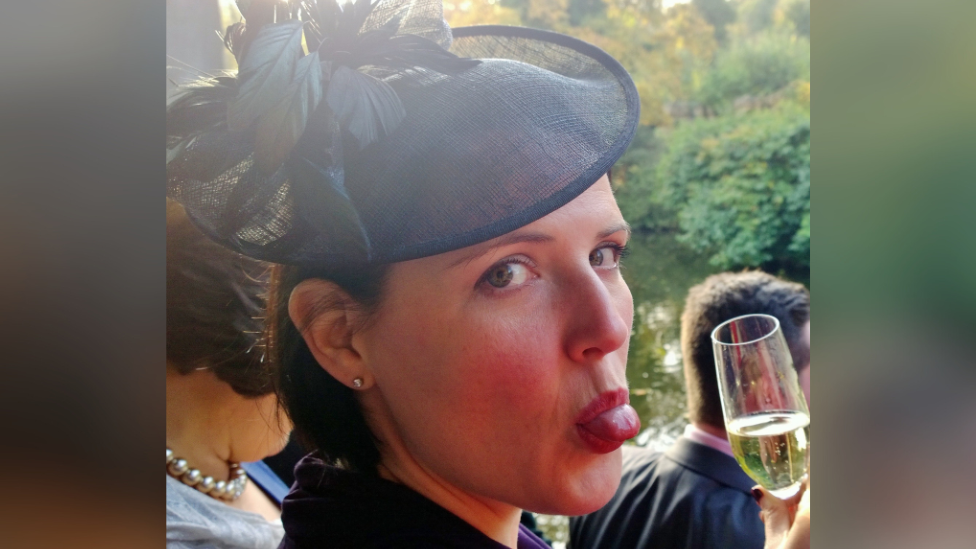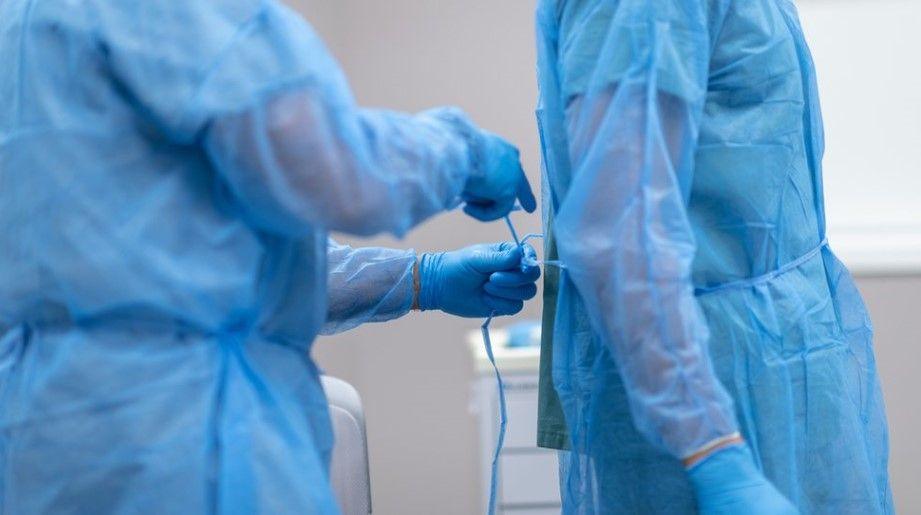Coroner issues anaesthetic warning after death

Dr Rachel Gibson died in 2022 after she was given too much local anaesthetic during hip replacement surgery
- Published
A coroner has raised concerns about how local anaesthetic is administered after a woman was given too much during an operation and later died.
Rachel Gibson, 47, went into cardiac arrest following hip replacement surgery at Spire Lea Hospital in Cambridge on 12 April 2022.
She sustained irreversible brain damage and died at Addenbrooke’s Hospital three months later.
In a prevention of future deaths report to the Royal College of Anaesthetists (RCOA), coroner Philip Barlow said there was "inconsistency" with the way local anaesthetic was measured, increasing the risk of mistakes.
In the report,, external he said: "The evidence was that the drug was sometimes specified in millilitres and sometimes in milligrams.
"This is of particular concern when the intention is for the drug to be diluted."
In the case of Dr Gibson, an inquest found the intention was for a 2% solution of Ropivacaine to be diluted with normal saline before it was infiltrated.
Evidence suggested it was not done and an excessive amount of the drug was administered by mistake.
Mr Barlow said evidence suggested this type of practice was common nationally.
He added: "The hospital [Spire] has now introduced a system for labelling and countersigning the drug that was given during the operation.
"However, the evidence at the inquest was that, on a national basis, there is wide variation in the way local anaesthetic is prescribed, checked and administered in this type of procedure; and that it is common to use similar practice to that which occurred during this operation.
"This is why I believe I am under a duty to draw it to your attention."
Dr Fiona Donald, President of the RCOA, said: "We send our condolences to the family of Dr Gibson for their loss.
"We have received the coroner's report and will examine this case in detail before responding by the 29 October.
"The RCOA is responsible for safeguarding standards in anaesthesia and we will do all we can to address the issues raised by the coroner to help prevent similar tragedies in future."
A spokesperson from Spire Healthcare said it offered its "very sincere condolences to the family of Rachel Gibson for their loss".
"We note that the coroner, having heard the evidence, has taken the decision to raise a national issue with the appropriate body to consider if further action should be taken and we support this important step."
Get in touch
Do you have a story suggestion for Cambridgeshire?
Follow Cambridgeshire news on BBC Sounds, Facebook, external, Instagram, external and X, external.
More like this story
- Published5 December 2023

- Published23 February 2018
